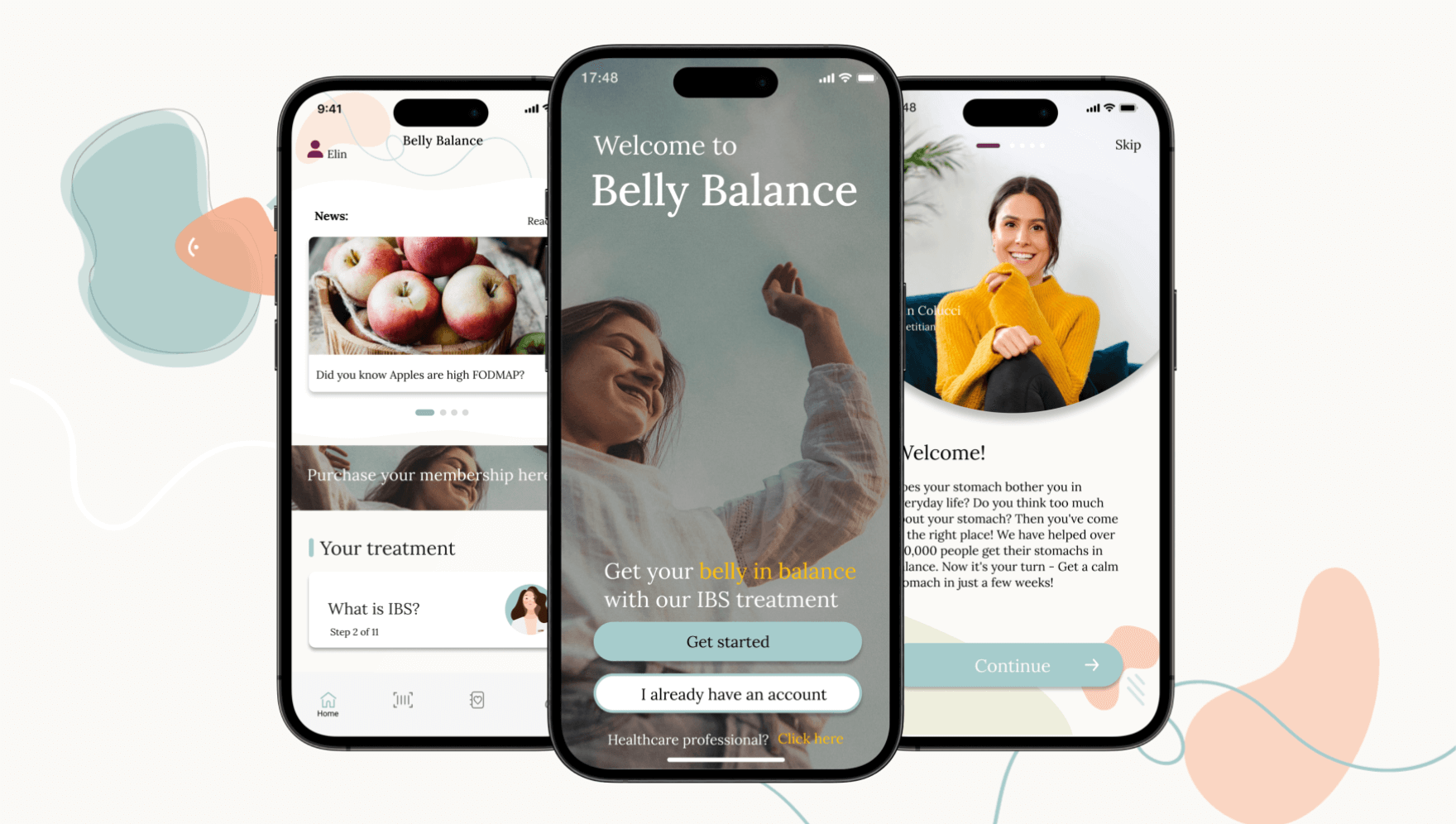
Coffee and IBS
Most of us drink coffee, often several cups a day. It’s actually beneficial, but how does it affect the stomach? Coffee perks you up, provides comfort, and breaks up a dull afternoon at the desk. Since coffee contains a variety of substances, it impacts the body in different ways. It is said to protect against a range of diseases and generally appears to be healthy in moderation. The question is how it affects the stomach and whether coffee and IBS are compatible. Coffee contains both caffeine and oligosaccharides (FODMAP), as it comes from coffee beans. Therefore, it affects the stomach in some way for most people.
Do you prefer drinking tea? There are options for tea drinkers as well!
Keep the right cup
Limit coffee during the elimination phase
We recommend a maximum of one cup of coffee (250 ml) per day during the elimination phase, and then you can experiment to find what works for you. If you drink a lot of coffee, don’t cut it out completely all at once, as this could lead to withdrawal symptoms like headaches and nausea. Start from where you are now and gradually reduce your intake. You’ll soon find the amount that works best for your stomach. There are small differences between various types of coffee. Therefore, the limitation applies to espresso, instant coffee, brewed coffee, and decaffeinated coffee, as all contain oligosaccharides. It’s fine to use lactose-free milk in your coffee, but avoid soy milk since it is high-FODMAP.
Belly Balance digital treatment
In the Belly Balance app, you can log symptoms, keep a food diary, scan products, find FODMAP lists, and much more to help you manage your IBS.
Sofia Antonsson
Reg. Dietitian, Belly Balance
Read more about

IBS - What is it?
Bloated , constipated or having a gassy stomach? IBS or Irritable Bowel Syndrome is a functional gastrointestinal disorder, meaning no physical issues can be found in the stomach or intestines; they just don’t function quite as they should.

How the app works
Download the app and become part of our community. We assist you in achieving a calm and happy stomach through treatment and tools available directly in the app.

About FODMAP
By learning which foods upset your stomach, you can make conscious choices and get quick symptom relief. With the low FODMAP diet, you receive structured assistance in understanding which foods your body tolerates better than others. No more guessing and pondering – you get the answer straight away!

